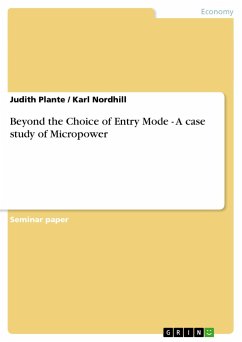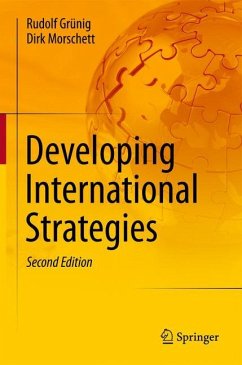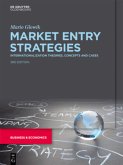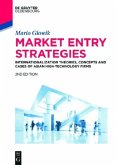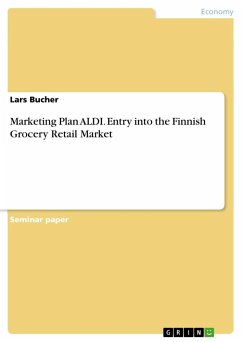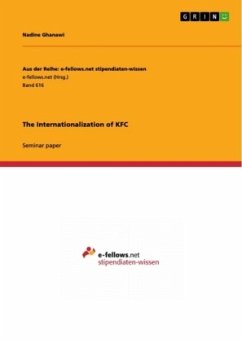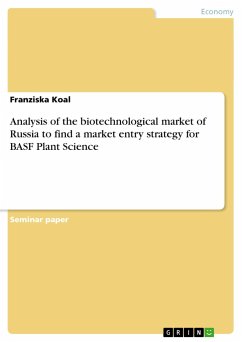Seminar paper from the year 2002 in the subject Business economics - Offline Marketing and Online Marketing, grade: Passed with Distinction (1,0), Växjö University (School of Management and Economics), course: International Marketing Strategies, language: English, abstract: Any company that starts to do business in foreign markets goes through a process,which is triggered by proactive and/or reactive factors. This process starts generally byfinding and selecting a target market, decisions which frequently are made on the basisof marketing research. An important part of the research is to locate the market entrybarriers, when entering in the foreign market. With this information the company has todevelop a strategy to enter the market. Within the strategy formulation the company alsohas to choose an appropriate mode of entry. There are several different market entrymodes and no one is the correct one, since they all have advantages as well asdisadvantages. They are, however, more or less suitable depending on the company, itsresources, its products etc. (Czinkota, 1993, p. 329-331, Johansson, 1997, p. 208 ff,Taylor, C. 2000).However, a company's internationalization process does not stop here. As the companygains experience from its current activities, it may want to make additional investmentsin the market, due to factors that could be described as internal or external. Thesefactors could also motivate a change of entry mode. Extreme views even say that oncethe internationalization process has started, it will tend to proceed regardless of whetherstrategic decisions are made in that direction or not (Randoy, T. 2002, Wheeler, 1996).Although a lot of theory has been written on internationalization and on the choice ofentry mode, there is little to be found on the internationalization process and particularlyon the changing of entry mode.To realize that the company could find itself in such a situation, where they need todevelop in the foreign market, can be difficult. The fact that the strategy and in that alsothe entry mode chosen needs to be changed can be hard for a company to grasp, becausechange is always connected with a high degree of uncertanity. Research has shown(Randoy, T. 2002, Wheeler, 1996) that companies have found themselves in situationswhere their strategies and entry modes needed to be changed and, more importantly,research (Randoy, T. 2002, Wheeler, 1996) has shown that companies has managed to change entry modes. However, what the research lack is more indepth analysis of theprocess of changing entry mode. For reasons indicated above, a company in the relevantsituation may need some help, some recommendations, which could make the changeprocess less uncertain. [...]

